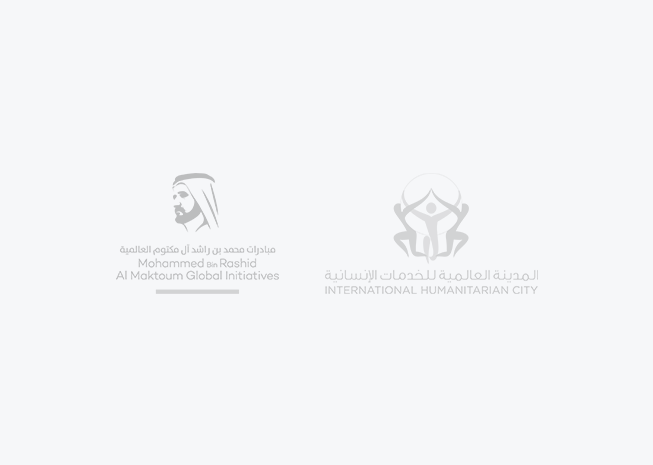
World-acclaimed Libyan artist Ali Omar Ermes recently donated his outstanding painting ‘The Sixth Ode’ to Philanthropy Age Magazine, that last week auctioned the artwork at the Christie’s Middle East sale in Dubai to benefit Syrian refugees. This contribution establishes a multilateral partnership between UNHCR, Philanthropy Age, artist Ali Omar Ermes and Christie’s Dubai.
Given the painting was successfully sold during Christie’s March art auction in Dubai, a significant proportion of its proceeds will be donated by Philanthropy Age to UNHCR to cover some of the huge needs of Syrian refugees in countries neighboring Syria. The generous contribution from Philanthropy Age to Syrian refugees is indeed timely: March 15th marked the third anniversary of the Syrian crisis. To date, more than 6 million residents are internally displaced from their homes within Syria, and more than 2.5 million are registered as refugees with UNHCR in neighboring countries.
Leonard Stall, CEO and editor-in-chief of Philanthropy Age, said: “The team at Philanthropy Age simply wants to help make a difference. Thanks to the generosity of Ali Omar Ermes, we can, and there is no worthier cause than the Syrian refugee crisis.”
Commending this unique collaborative, Imran Riza, UNHCR’s Regional Representative to the GCC Countries, said: “UNHCR is very grateful for this generous gesture by such a renowned artist, Ali Omar Ermes and Philanthropy Age. This not only brings some proceeds to supporting humanitarian assistance to Syrian refugees but also continues to bring focus on this continuing tragedy,” Riza added “As with this initiative, Philanthropy Age is indeed helping improve the breadth and the impact of what individuals, companies and foundations can do.”
The painting is a depiction of the Sixth Ode from the seven highly respected Arabic poems known as the Muallaqat Al Sabaa. Considered to be the finest pieces of early Arabic poetry, each describes aspects of cultural, social and political life. Often when a poem was judged to be exceptional, it would be intricately and delicately embroidered on the finest silk cloth and hung at the Ka’ba as a sign of its importance.